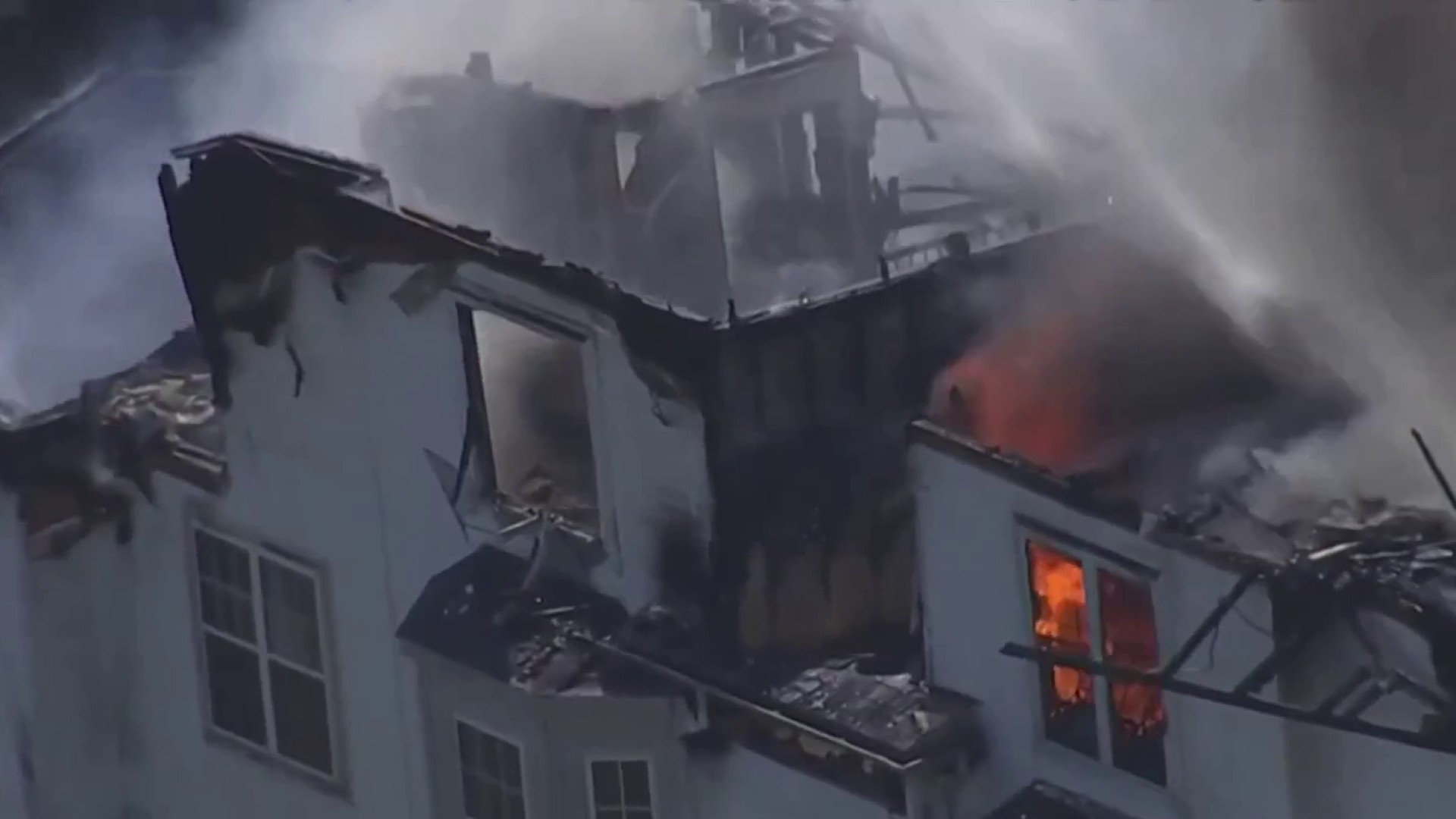Elevated radiation levels were detected in the containment building of the research neutron reactor at the National Institute of Standards and Technology in Gaithersburg, Maryland, during a restart of the reactor Wednesday morning, according to a spokeswoman.
Several trained radiation workers were exposed to elevated levels and were undergoing standard decontamination and evaluation, a spokeswoman said. Authorities say there is no threat to the public nor to workers on the NIST campus.
An alarm signaled the elevated levels. There is no evidence of radiation above regulatory limits outside the containment building, "a special area (within the NCNR) that is built to confine radioactive materials,” NIST said.
We're making it easier for you to find stories that matter with our new newsletter — The 4Front. Sign up here and get news that is important for you to your inbox.
Some nearby residents were alarmed that they hadn’t received an official notification about of the radiation exposure, saying they were unaware of the incident until News4 reporters informed them.
“In response to the alarm, staff followed established procedures and immediately initiated a shutdown of the reactor,” a spokeswoman said.
Local
Washington, D.C., Maryland and Virginia local news, events and information
The Nuclear Regulatory Commission has been notified and said it is "satisfied that people around and near NIST remain safe."
“All systems appear to have worked as designed, and all protocols were followed in a timely manner,” a NIST spokeswoman said. “NIST will continue to evaluate data from air monitors and other sensors to ensure the health and safety of our campus and local community. NIST is also working to understand the precise cause of the elevated levels of radiation. “
NIST, an agency within the U.S. Department of Commerce, operates a large campus employing thousands of workers in Gaithersburg. The campus operates near Interstate 270, scores of businesses and several housing communities.
“The NRC is satisfied that people around and near NIST remain safe,” the Nuclear Regulatory Commission said.
News4's Jackie Bensen contributed to this report.



